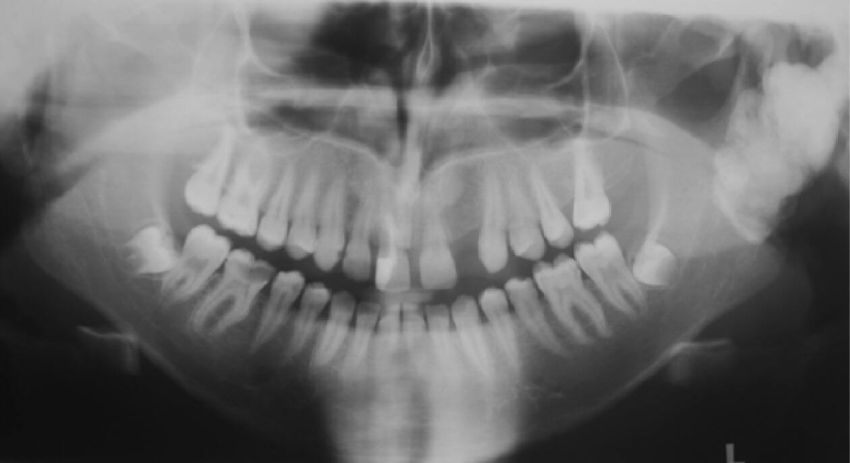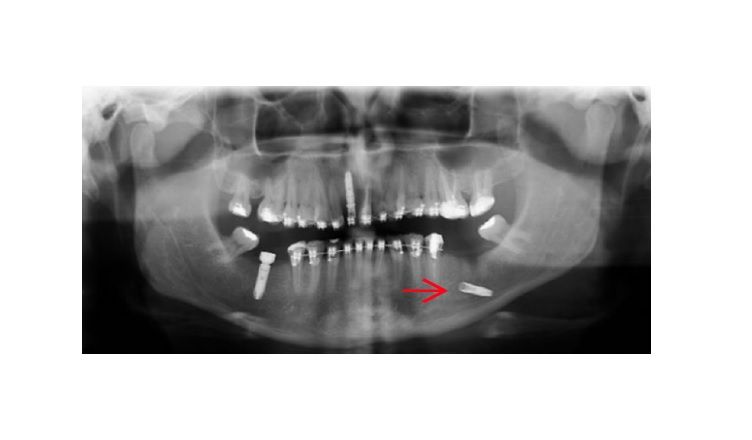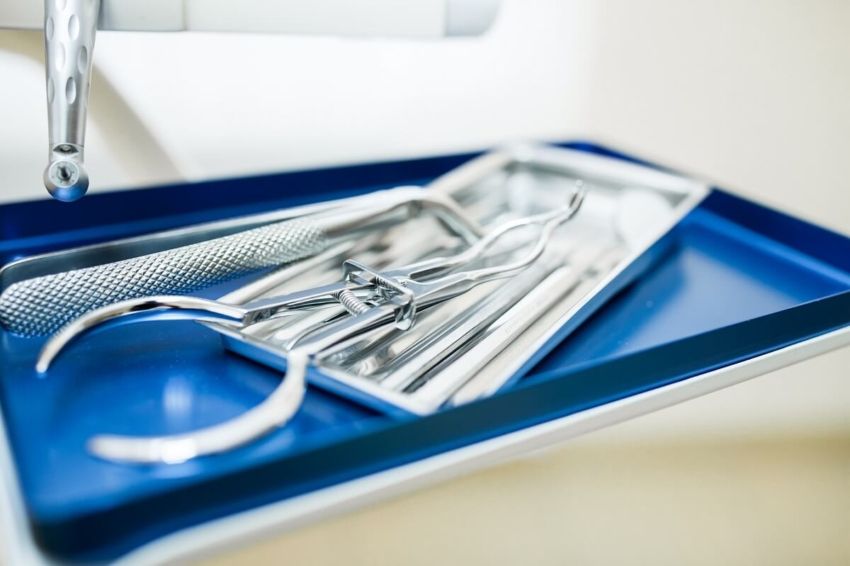EDM: what comes after July 1?
The Supreme Medical Council has published a position paper, once again addressing the issue of the obligation to start exchanging electronic medical records (EDM) and reporting medical events from July 1 this year. As emphasized by the local government, this obligation is impossible for many health care facilities, yet the health ministry is not taking steps to postpone the.
The medical association believes that any changes in regulations leading to new obligations on the part of medical establishments must be preceded by a preparatory period, during which the entities, can adjust to the new requirements. – The condition that the new requirements should be sufficiently specified and known in advance should especially apply to the obligations to implement new technologies or IT solutions, which always require adequate preparation – emphasizes the NRL in a communiqué.
According to the local government, this condition is not met for the implementation of EDM exchange and reporting of medical events (transferring them to the Medical Information System). – The selection of the software needed to perform these tasks is a serious decision that results in many years, so medical facilities must be given time to choose the software, and an informed choice should be made based on existing final versions of the software. Meanwhile, a large number of providers are only now adapting their cabinet applications to the new tasks – NRL adds.
Facilities without support
Medical facilities have also not received sufficient support for the investment process necessary to implement these new functionalities. Investment subsidies provided by the National Health Fund apply mainly to POZ facilities. The remaining establishments were dedicated to subsidies in 2019. – Not all medical facilities were ready to make the purchase at the time. Currently, investments by entities selected for the pilot program are supported, but the support is not universal.
– So far, support for investment in the purchase of equipment and software could not be counted on by facilities that do not execute a contract with the National Health Fund, while the digitization of medical records is a universal process, and so should be the subject scope of the support offered. In addition, it should not be forgotten that the implementation of such a major reform is associated not only with expenses for the purchase of IT equipment, software, its maintenance and updating, but also with a significant workload for the staff of medical facilities, which has an impact on the cost of providing publicly funded services. Unfortunately, this is not reflected in the valuation of services by the National Health Fund – informs NRL.
What about repositories and patient consent?
Required as of July 1, 2022. EDM exchange is based on two related elements: storage of the generated EDM, for which a repository is needed, and the patient's consent to share it with other medical facilities. – The medical self-government has long pointed out that without a repository (i.e., disk spaces available in the system around the clock, from where, after authorization made by the patient, the entity taking over the treatment will be able to retrieve them), the exchange of data contained in electronic medical records is not possible, meanwhile, the obligation of service providers to organize a repository is not specified in the Law of the. It is known that if records produced in one entity are to be shared with another entity, there must be a place from which this sharing is to take place. Taking into account the fact that, according to the Law on Patients' Rights and the Ombudsman of Patients' Rights, medical records are kept, as a rule, for a period of 20 years, it is reasonable to ask who will cover the costs of the growing costs of operating the dispersed repositories, assuming that these costs are linked to the fact that for 20 years the number of documents will grow exponentially. Therefore, the medical government has repeatedly called for the creation of opportunities for interested medical institutions to use repositories built with public funds based on regional platforms – informs NRL.
NRL recommendations
The Supreme Medical Council recommends to doctors and dentists that in the information systems for medical records that are in use or are being acquired, the generation of medical event reports, the production of Electronic Medical Record documents specified in the Health Minister's decree, as well as prescriptions and referrals, if they are not generated through the application of the office.gov.pl and strive for the system's ability to send these documents to the EMD repository.
A new obligation for healthcare providers to report „medical events” related to the operation of the Medical Information System enters into force in July. – This is further proof that there is no escape from electronic medical records today – says in an interview with Dentonet a legal advisor specializing in dentistry mec. Arkadiusz Jóźwik.



